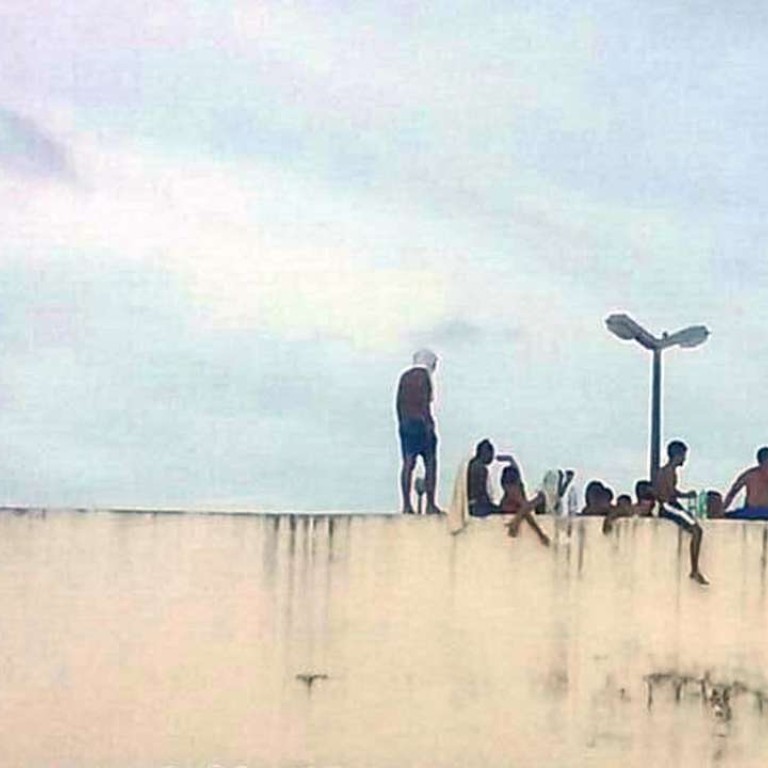
At least 10 killed in new Brazil prison beheadings
Riot broke out at the Alcacuz Penitentiary in Rio Grande do Norte state after criminal factions clashed and some cellblocks were invaded by rivals
Fighting between rival gangs in a prison in northern Brazil on Saturday has reportedly left at least 10 inmates dead in the latest in a series of massacres in the South American country’s penitentiaries. Three of the victims were beheaded.
News website Folha de Sao Paulo said the afternoon riot broke out at the Alcacuz Penitentiary in Rio Grande do Norte state after criminal factions clashed and some cellblocks were invaded by rivals.
Zemilton Silva, coordinator of the prison system, said “we could see the heads ripped off” three inmates.
Police have surrounded the prison and blocked the exits, but were waiting for dawn on Sunday to enter because the inmates are out of their cells and armed.
The last rebellion in Alcacuz prison was in November 2015, when a tunnel was discovered in one pavilion.

The prison, just outside the state capital Natal, is built for a maximum of 620 but holds 1,100 inmates.
While real and problematic overcrowding is a fact, it is far from the only factor in the violence.
Many experts say it was part of a war between organised drug gangs in one of the world’s most important cocaine markets and trafficking routes.
The recent string of Brazilian prison violence began on January 1-2, when 56 inmates were killed in the northern state of Amazonas. Authorities said the Family of the North gang targeted members of Brazil’s most powerful criminal gang, First Command, in a clash over control of drug-trafficking routes in northern states. Many of the dead were beheaded and dismembered.
Then on January 6, in the neighbouring state of Roraima, 33 prisoners were killed, many with their hearts and intestines ripped out.
Experts say First Command, known by the Portuguese acronym PCC, is exploiting overcrowding and squalid conditions in the Brazil’s penitentiaries to expand its reach across the national prison system.
With an estimated 20,000 members, the PCC thrives even with its leader Marcos Willians Herbas Camacho, known as “Marcola”, behind bars since 1999.
Investigators say that apart from its drug-trafficking activities, it also owns bus companies, minor football clubs and an illicit gasoline refinery. Its rival Red Command is considered Brazil’s oldest gang, dating to the 1970s.
It thrived on a cocaine boom from the 1980s, expanding from bank robberies and kidnapping to control the drug trade in Rio.
Additional reporting by Agence France-Presse

